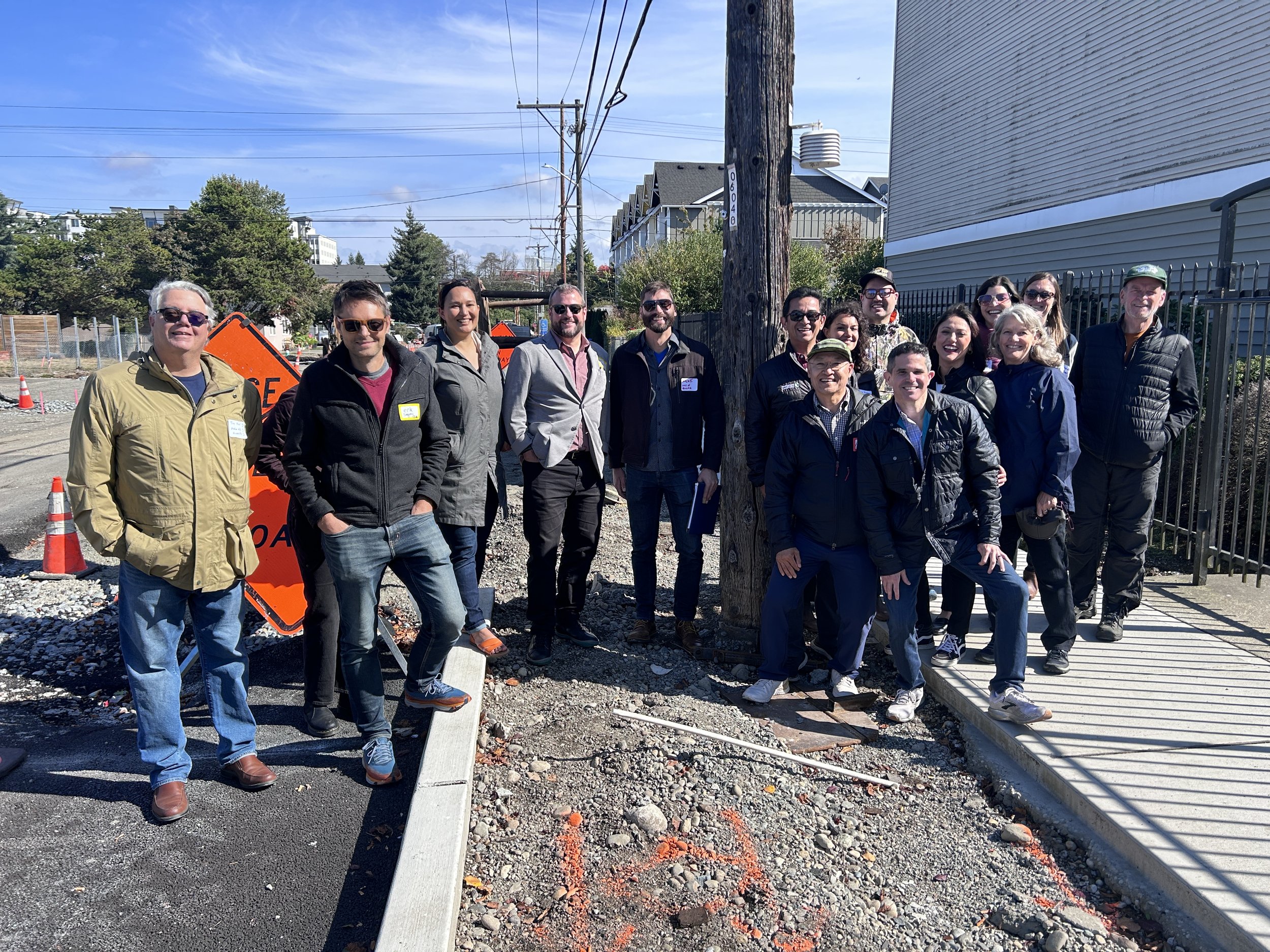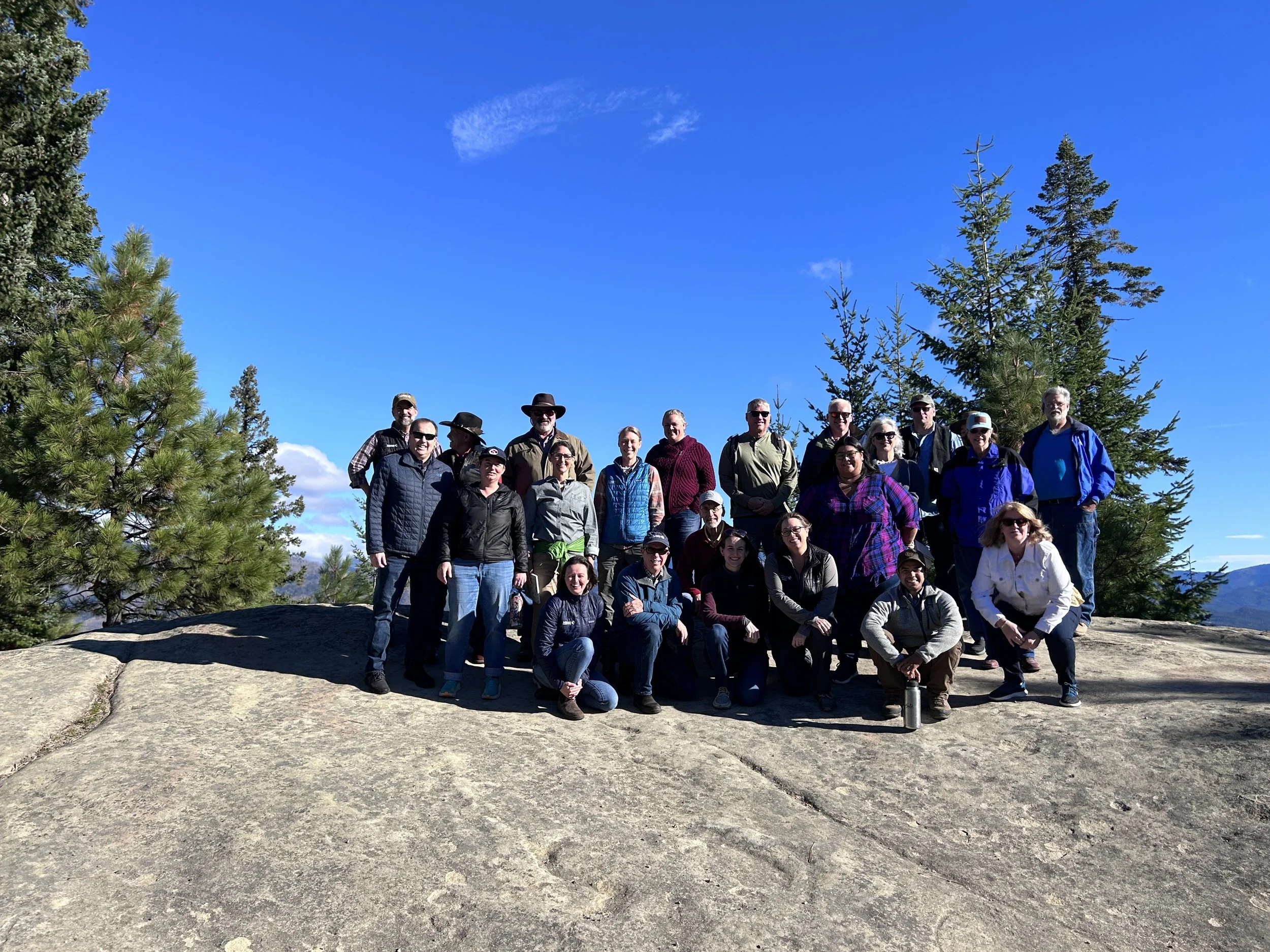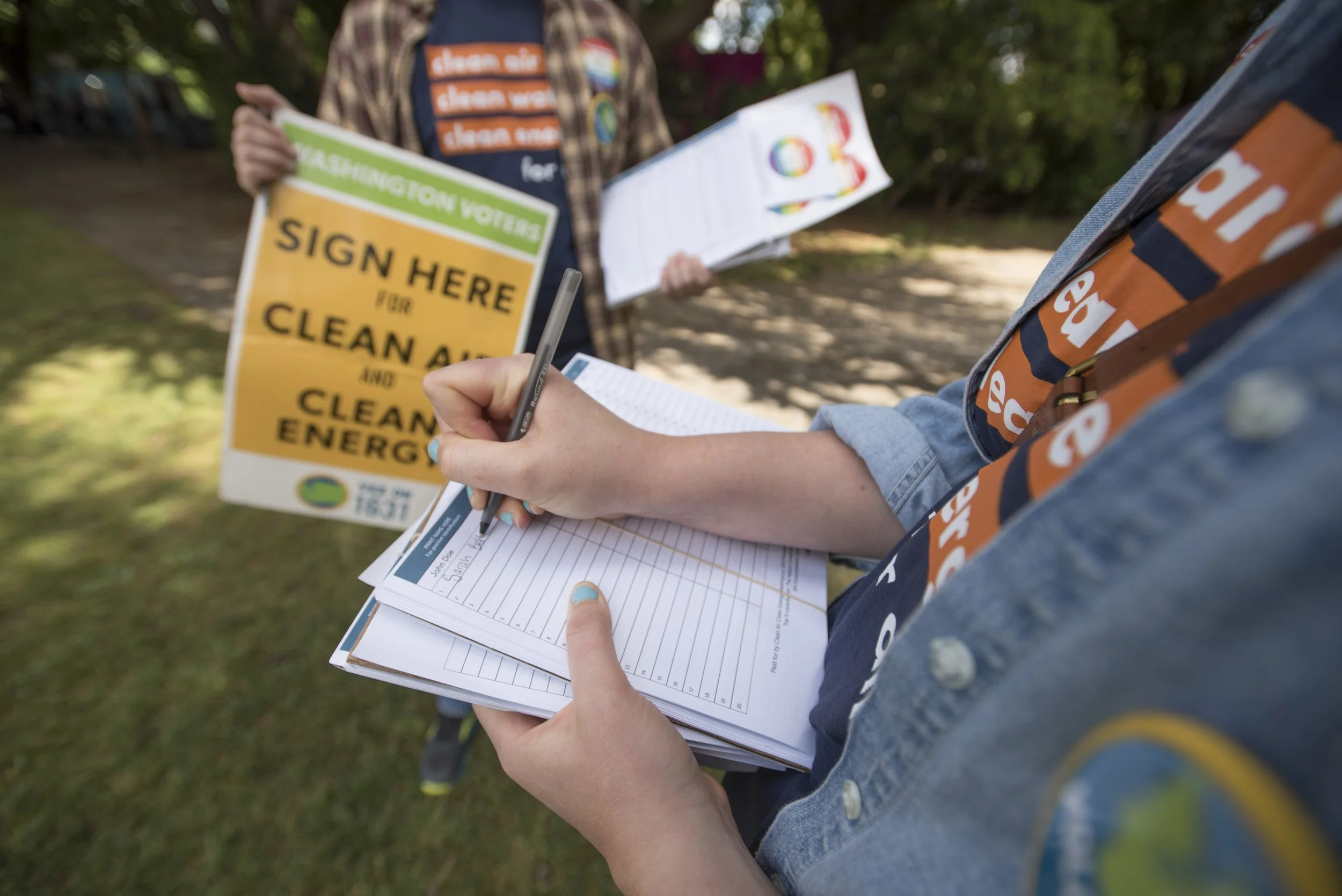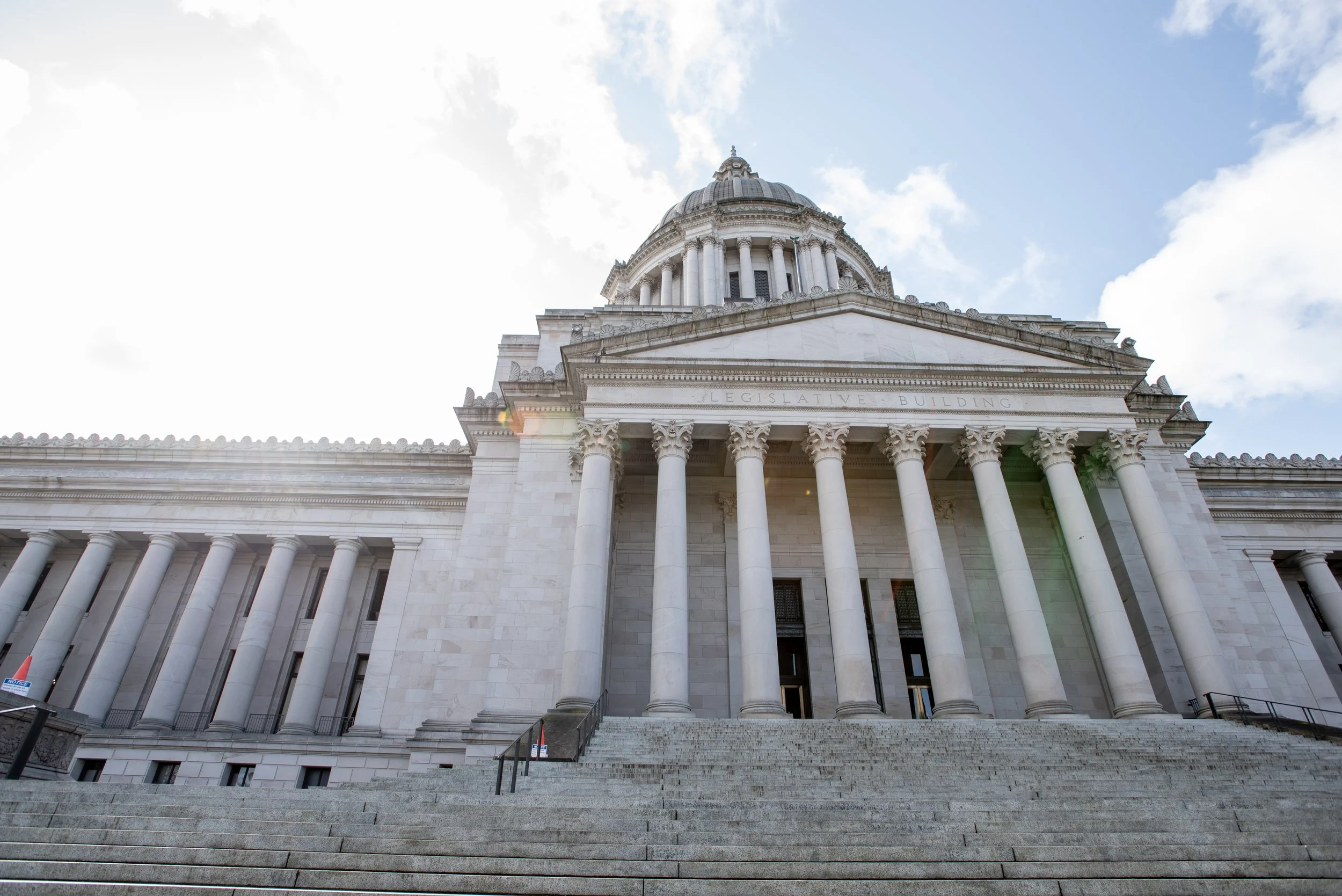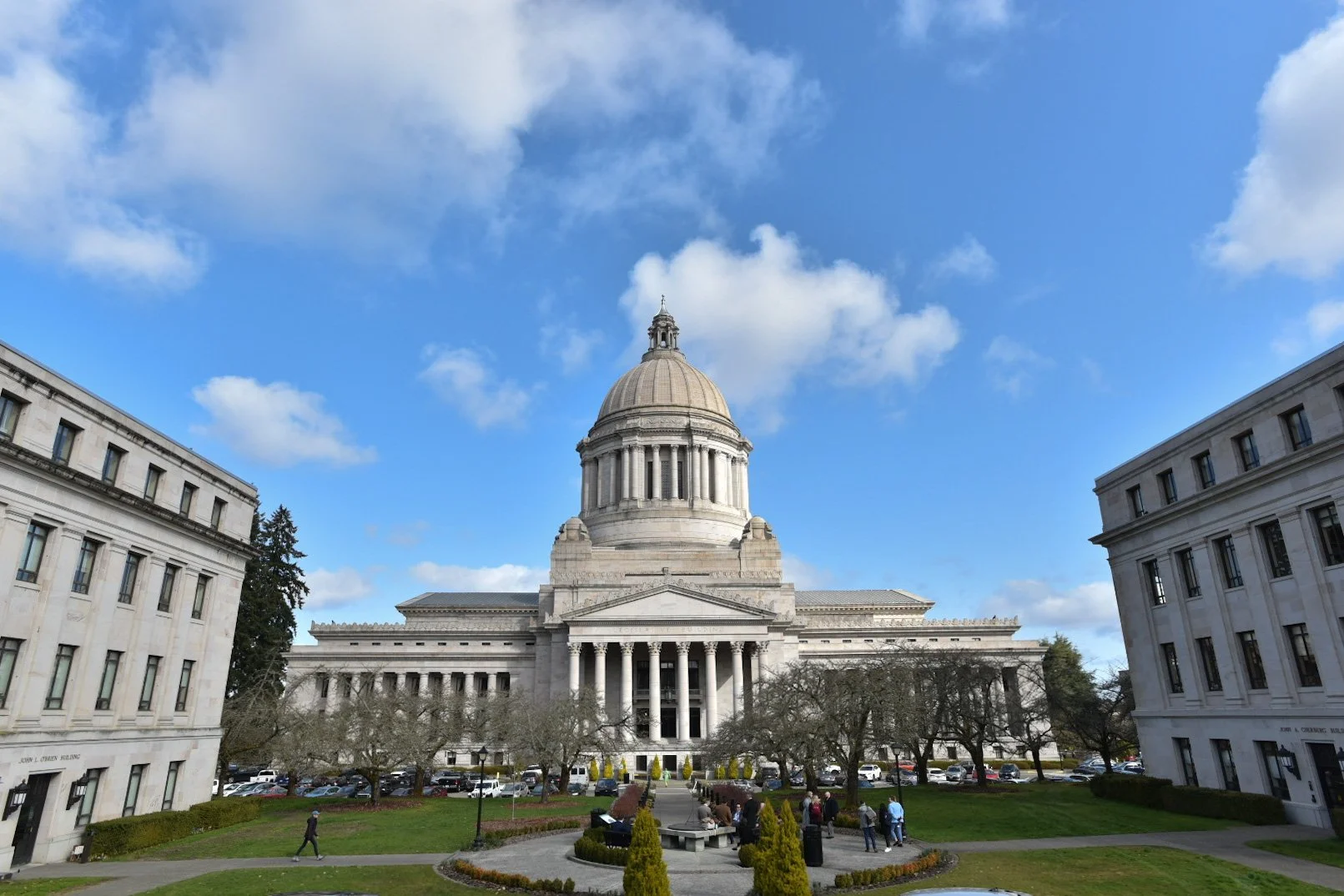Support the HEAL Act
Learn how easy it is to support the HEAL Act and other priority bills during the 2021 virtual legislative session at our Action page.
It’s increasingly clear that the impacts of environmental degradation are not felt equally. While the negative effects of pollution from transportation emissions, wildfire, industry and other sources are far-reaching, science shows us that the communities closest to the sources of pollution experience markedly worse health indicators – and furthermore, are often also facing additional burdens that affect their ability to address the challenges that pollution posts.
We’re All Connected
The COVID-19 pandemic is one more public health threat that hits some communities harder than others, with death rates higher among Black and Indigenous groups and other communities of color. When coupled with the unequal distribution of burdens pollution already places on our respiratory systems, it’s never been clearer that climate justice, environmental justice and racial justice are deeply interconnected - and incredibly urgent.
These impacts on our living environment not only change the way we are able to interact with nature, but they have long-lasting - even multi-generational - negative consequences for our physical and mental health. For example, Tacoma residents face added burden on their respiratory systems because of toxic fumes from industrial plants, and communities located closer to highways and other high-traffic areas across the state see higher rates of asthma than those farther away from transportation corridors. We also know that frontline communities facing the largest health and environmental burdens are often communities of color and low-income communities, which exacerbates other existing societal inequities.
We are grateful for the leadership of Front and Centered, and of the state Environmental Justice Task Force, in pushing forward research and recommendations to address these inequities. It’s time for Washington to integrate a lens of true environmental justice into all aspects of climate and environmental policy development and resource allocation moving forward.
Led by South Seattle Senator Rebecca Saldaña, the HEAL Act:
Defines “environmental justice” (EJ) in state law, and requires an EJ application in state agency planning, metric setting, enforcement and reporting on programming that impacts our environment
Allocates funding toward the communities and geographies most impacted by pollutants and environmental degradation; and codifies a requirement for community engagement in future planning processes
Creates and funds an environmental justice council that provides guidance and accountability to communities for state agencies as they incorporate environmental justice into their work
Maintains the Environmental Health Disparities map tool to inform future investments and progress on alleviating the health burdens of pollution on communities
Help support these efforts to create a healthier and more sustainable Washington for ALL its residents. Sign on to endorse and urge your representatives to vote YES!
Banner photo by Cameron Karsten.







